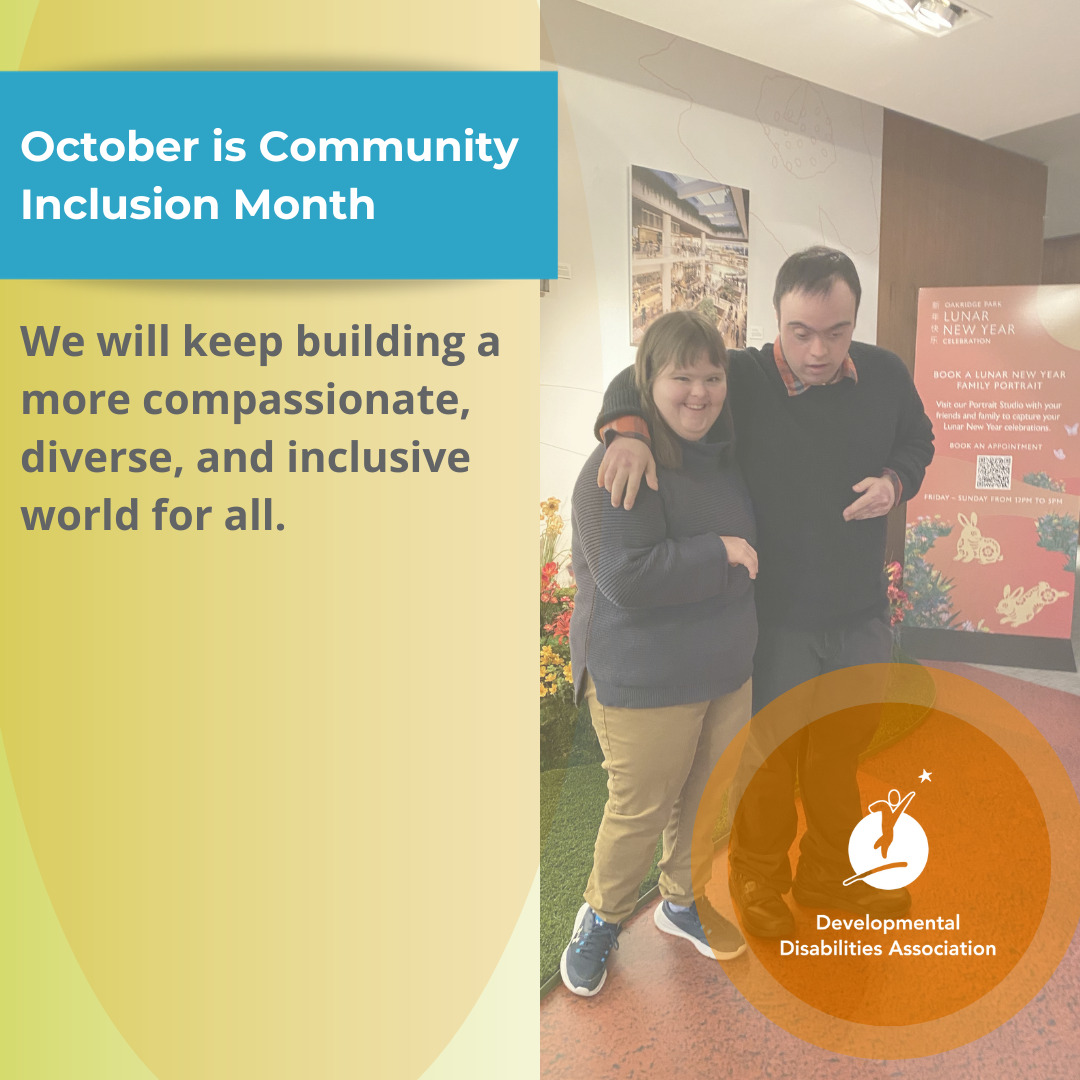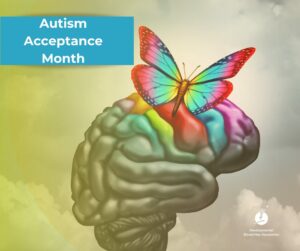In today’s diverse and interconnected world, the importance of community inclusion cannot be overstated. It’s a fundamental human right that ensures everyone has the opportunity to participate fully in society. However, for individuals with developmental disabilities, achieving true community inclusion can be challenging. For over 70 years, DDA has been a pioneer in bringing people with developmental disabilities back into the community and out from under the shadows of institutions.
Community inclusion for people with developmental disabilities is not just a noble aspiration; it’s a fundamental human right and a cornerstone of a compassionate and equitable society. By raising awareness, promoting accessible infrastructure, creating employment opportunities, offering inclusive programs, and advocating for individuals with developmental disabilities, we can enrich our communities and help everyone reach their full potential.
Community Inclusion:
Promotes Diversity: Inclusion celebrates diversity and recognizes that every individual, regardless of their abilities, has unique talents, perspectives, and contributions to offer to the community.
Enhances Quality of Life: For people with developmental disabilities, community inclusion fosters a sense of belonging and purpose, leading to improved mental and emotional well-being.
Reduces Stigma: Inclusive communities break down stereotypes and reduce the stigma surrounding developmental disabilities by promoting understanding and empathy. Since the 1980s, this has led to full inclusion in the public school system. (Fun fact: DDA started the first special needs school in Canada in the early 60s)
Promotes Equality: Inclusion is a cornerstone of social justice, ensuring that all members of society have equal opportunities to participate in community life.
While these positive attributes of community inclusion exist, often it feels like there is still a long way to go. In spite of progress, people with developmental disabilities still feel the stigma attached to their conditions. They still have limited accessibility to certain educational programs, employment opportunities, and even public spaces.
Despite being this community’s biggest champion, we need to continue to be the beacon of change so that we don’t slide back to the way things were. By fostering community inclusion, we will keep building a more compassionate, diverse, and inclusive world for all.
If you are interested in the history of DDA and the vital changes we put into place, check out our documentary: Doing the Impossible – The Story of the Developmental Disabilities Association.



